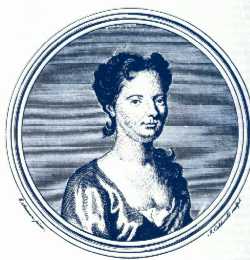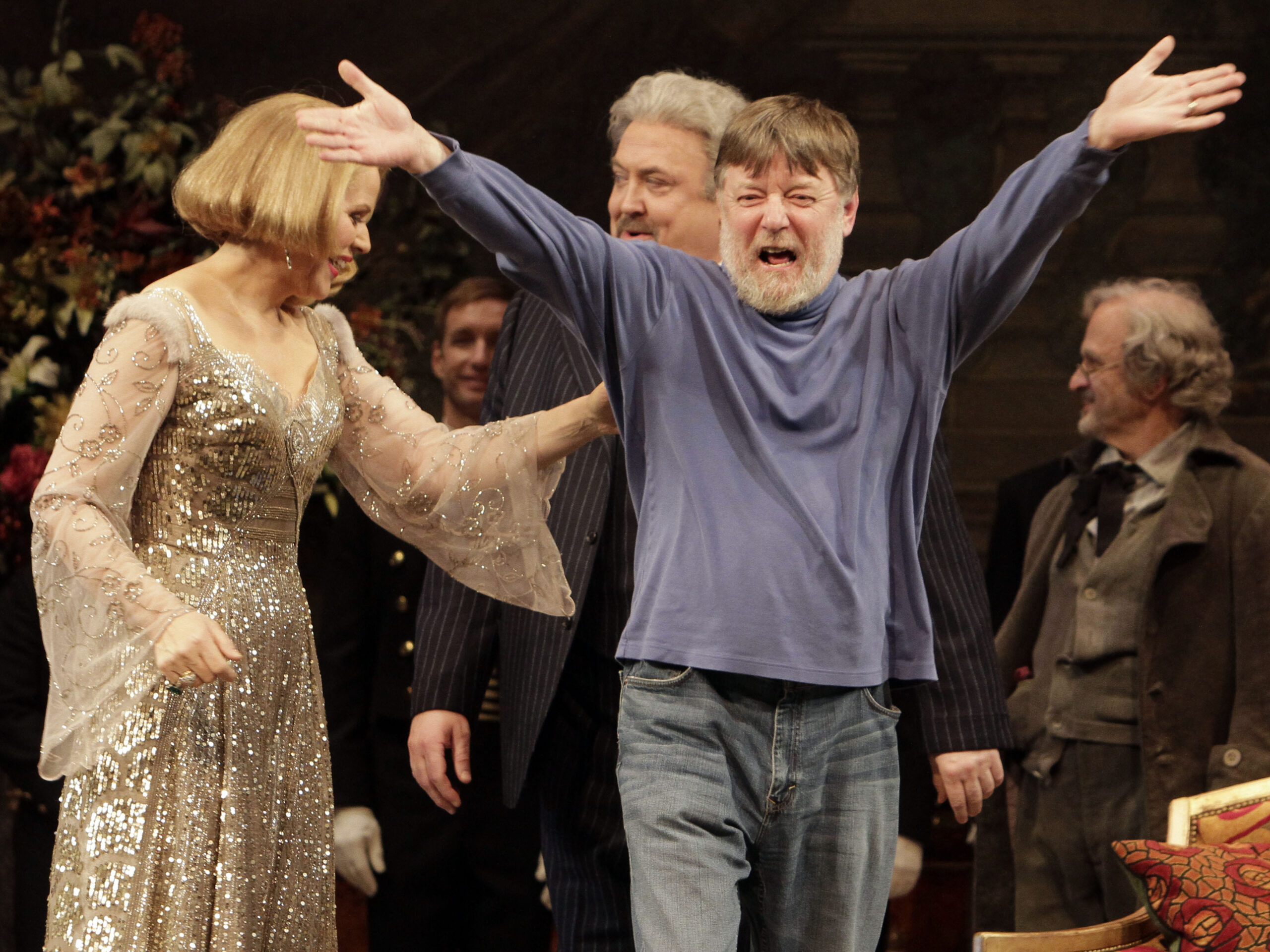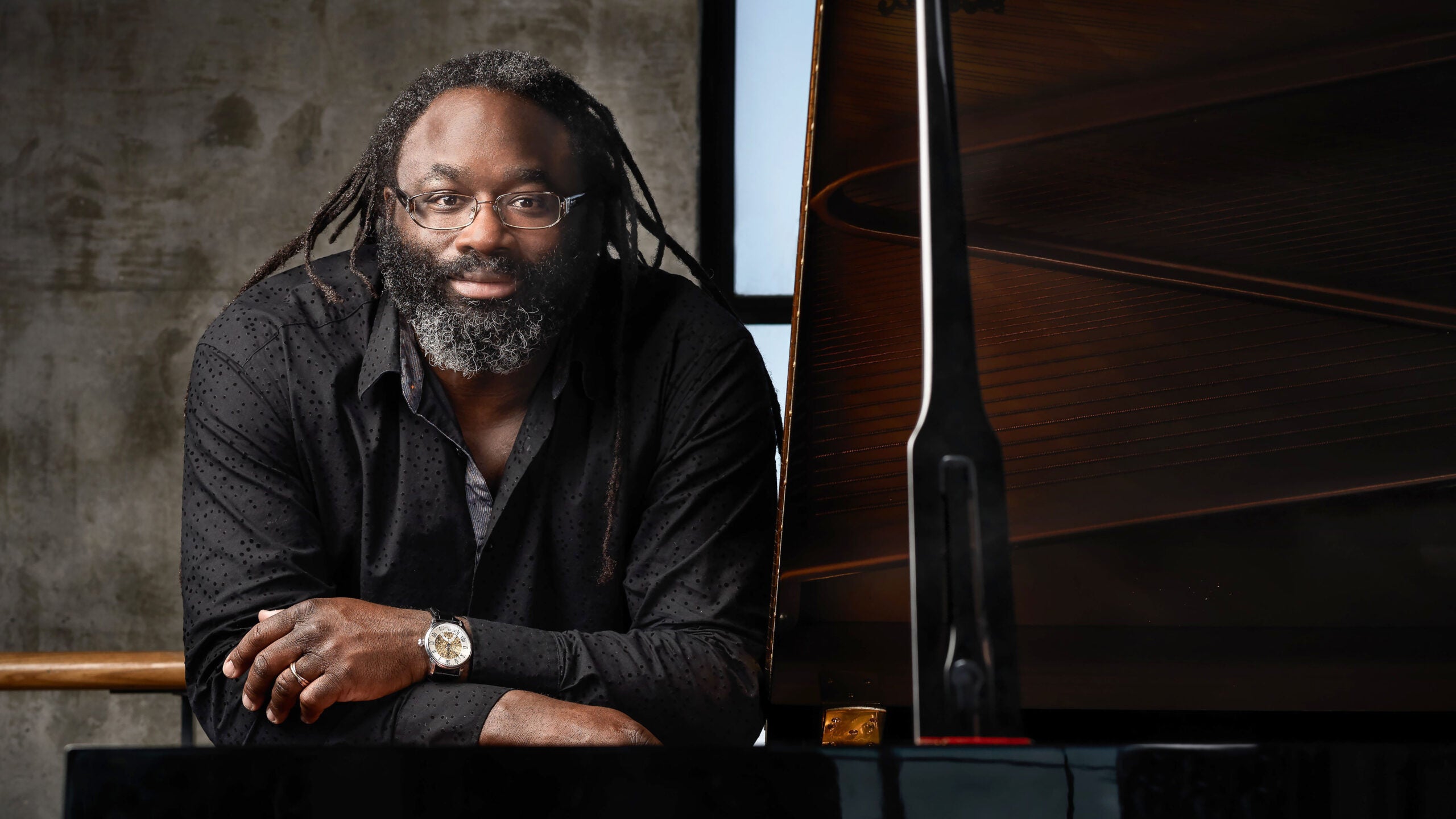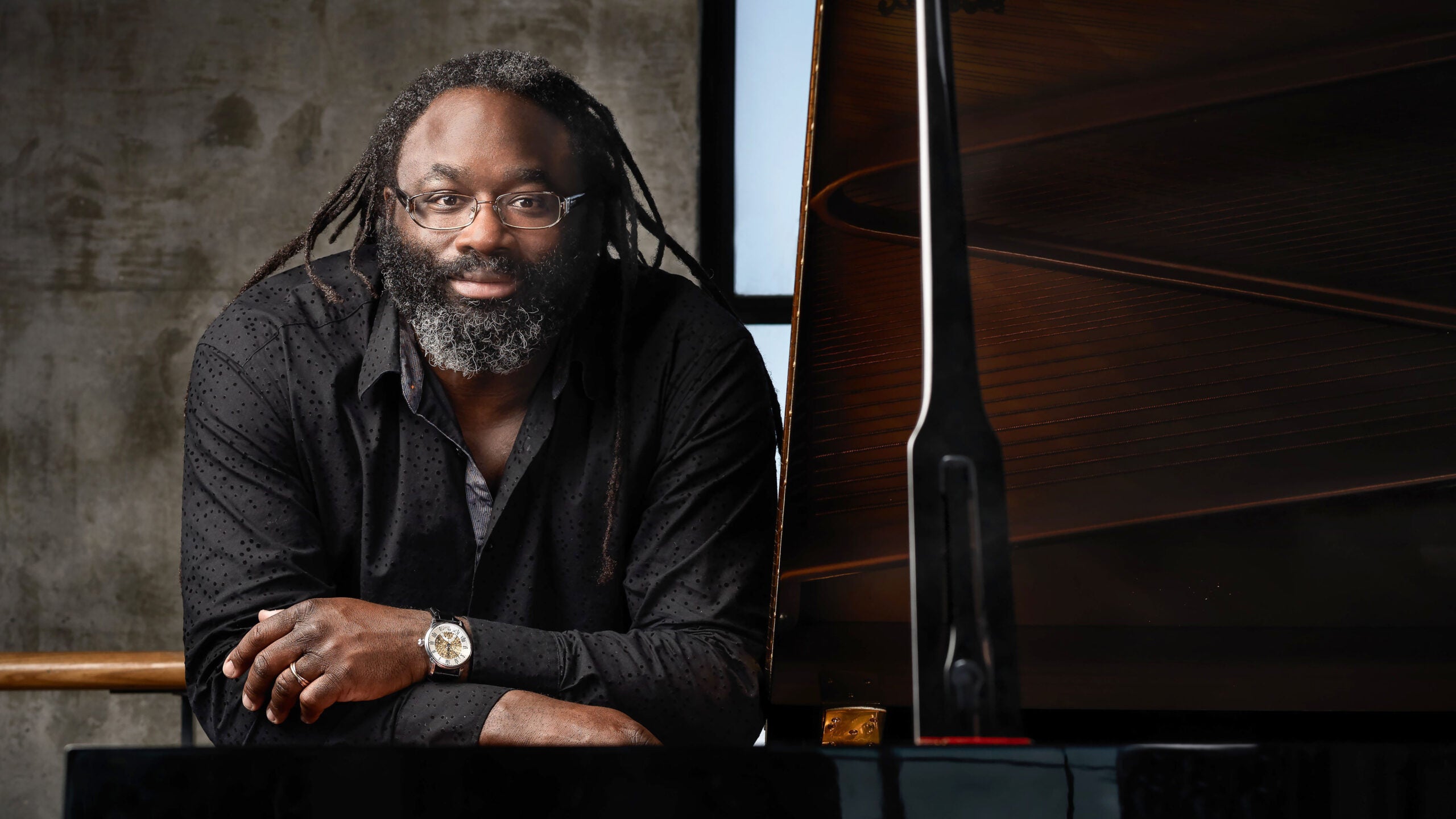The evening of January 12th, 1723, was one of the most remarkable in London theatrical history. On that night Handel’s opera Ottone premiered, and the star was soprano Francesca Cuzzoni—a force to be reckoned with.
She had arrived from Italy the previous December, already a celebrated singer—and a temperamental one. During rehearsals for Ottone she decided that one of Handel’s arias didn’t suit her and she refused to sing it. No shrinking violet himself, Handel seized Cuzzoni by the waist and told her that if she didn’t sing the aria he would throw her out the window. She sang it and Ottone was a sensation. During the next three seasons, Cuzzoni became quite wealthy singing in other Handel operas in London.
Her undivided acclaim was not to last though. In 1726 soprano Faustina Bordoni joined Handel’s opera company and she and Cuzzoni became intense rivals. One bone of contention—Bordoni was beautiful while Cuzzoni was anything but. According to writer Horace Walpole, Cuzzoni was “short and squat with a doughy cross face but fine expression.” He added that “she was not a good actress, dressed ill, and was silly and fantasitical.” [And yet, he said, when she appeared in an opera in a brown silk gown trimmed with silver, which left all the old ladies much scandalized, the young adopted it as fashion so universally that it seemed a national uniform for youth and beauty.”]
Stay informed on the latest news
Sign up for WPR’s email newsletter.
One night in 1727 the rivalry between the two came to a head. At a performance of the opera Astianatte, ovations from the Bordoni faction of the audience were answered with catcalls and whistles from the Cuzzoni partisans. Before long the sopranos themselves got into a fistfight on stage, in full view of the audience, which included the Prince of Wales.
London wits and wags had a field day with the fracas. Ambrose Philips—better known as Namby-Pamby—wrote satirical verses about Cuzzoni before her angry departure for the Continent. But the most fitting lampoon came from John Gay, who satirized both singers as Polly and Lucy in his runaway success of 1728, The Beggar’s Opera
Wisconsin Public Radio, © Copyright 2024, Board of Regents of the University of Wisconsin System and Wisconsin Educational Communications Board.






